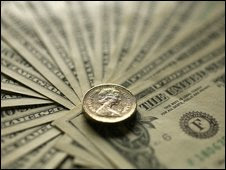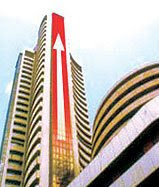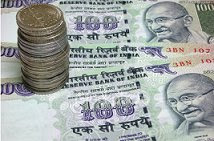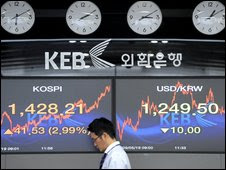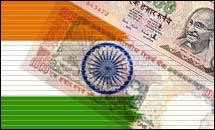
Finance Minister Pranab Mukherjee will start the customary pre-budget consultations with different interest groups on Monday for preparation of the budget, likely to be presented in the first week of July.
Mukherjee will hold consultations with trade and industry bodies, economists, agriculturists, bankers and corporate honchos in the run up to the budget, which industry hopes will be growth-oriented.
"We will meet the FM for the pre-budget consultations on Monday," FICCI President Harsh Pati Singhania said as he plans to ask the government for steps to restore economic growth, ensure national security and improve governance.
Apart from industry bodies as FICCI, CII, ASSOCHAM and FIEO, industry sources say the Finance Minister will hold discussions with corporate honchos like Ratan Tata, Mukesh Ambani, Anil Ambani, Kumarmangalam Birla and Sunil Bharti Mittal.
"The regular budget 2009-10 exercises are underway in full swing," Mukherjee had said on Thursday pointing out that the Congress in its manifesto had promised to come out with the Budget within 45 days of the government formation.
Faced with the challenge of reviving the economy, impacted by the global financial meltdown and demand contraction, Mukherjee started consultations with the top Ministry officials on budget soon after taking charge last Monday.
He said the focus of the government would be "Aam Admi" (common man) and that the budget would address the problems of sectors like textiles, leather and gems and jewellery hit hard by the financial crisis.
With inflation at low levels, the industry bodies see no reason for interest rates not falling to single digit levels.
CII President Venu Srinivasan had earlier said that interest rates in India remain high compared to many other economies.
Industry bodies like CII, FICCI, ASSOCHAM and American Chamber of Commerce in India have already presented their pre-budget memorandum to Revenue Secretary P V Bhide even before the formation of the new government.
The Prime Minister Office has also started work on the 100-day action plan for the new government and at the same time different ministries are also finalising priority programmes for the first three months.

